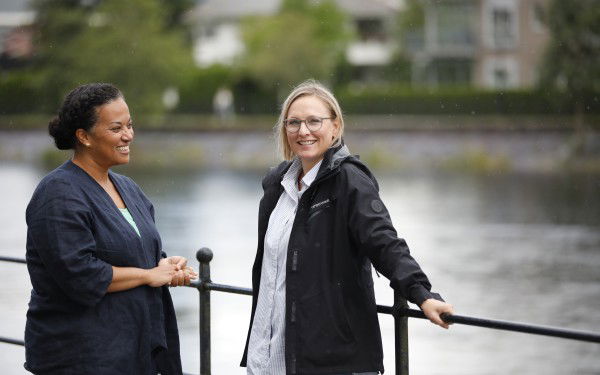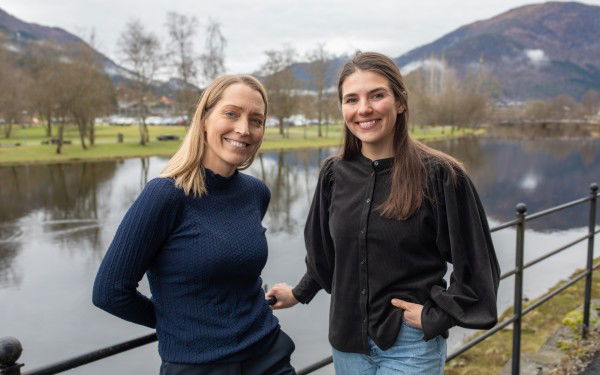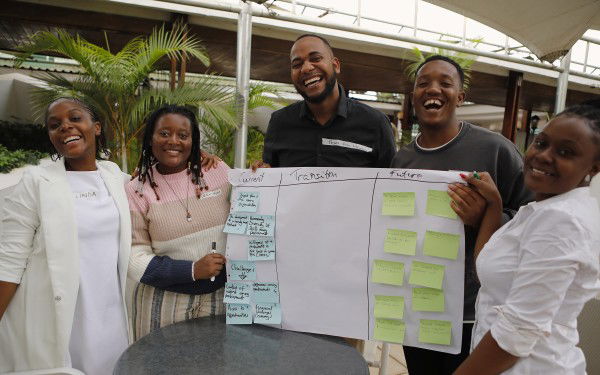The Crucial Role of Voluntary International Organisations in Addressing Climate Change
3. September 2024
Climate change stands as one of the most pressing challenges of our time, and Voluntary International Organisations (VIOs) are increasingly recognising their critical role in combating this global issue.
A recent survey on Climate Action underscores the active participation of most VIOs in climate-related initiatives. The few exceptions are organisations whose primary missions do not align with environmental concerns, rather than a lack of interest in the issue.
A Long-Term Commitment to Sustainable Development
VIOs are deeply committed to their missions, whether they focus on human rights, education, or other vital areas. These organisations are known for developing long-term strategies to address the issues they prioritise, often forming strong connections with the local communities and regional authorities they serve and work with. This deep-rooted local knowledge enhances their effectiveness in promoting sustainable development. By leveraging their expertise, staff, and volunteer networks, VIOs are making significant strides in creating lasting change.
The Shift Towards a Broader, Integrated Approach
The survey highlights a growing interest among VIOs in adopting more comprehensive strategies for sustainable development. The complex nature of sustainability involves interconnected elements such as food security, education, health, infrastructure, and ecological resilience. VIOs increasingly recognise that these factors are interdependent and that a balanced, integrated approach is essential to advancing their work across various domains.
Challenges in Expanding Strategic Approaches
Despite this growing awareness, many VIOs have yet to fully adopt broader strategic approaches. This hesitation can be attributed to the specialised nature of these organisations, which often concentrate on specific areas of expertise or local needs. Additionally, the focus of many VIOs on development typically involves “soft” measures such as raising awareness, advocacy, and capacity building. While these initiatives are invaluable, there is a consensus that more comprehensive actions are necessary to fully address the multifaceted needs of communities.
The Increasing Demand for Environmental Expertise
The survey also reveals a rising demand for enhanced environmental skills, particularly in areas like land use management, nature-based climate adaptation solutions, and ecosystem restoration. Given that many VIOs operate in rural areas where communities heavily depend on natural resources, the link between community needs and the required expertise is crucial.
Bridging the Gap Between Current and Future Needs
Fortunately, there are organisations with the necessary expertise to address these challenges. The survey has revealed the possibility of connecting those in need of environmental knowledge and those equipped to provide it. These collaborations are essential for closing the gap between existing strategies and the comprehensive approaches needed to effectively tackle the complex challenges posed by climate change. Norec is now in the process of creating an open portal where organisations can register and seek such connections, thus facilitating knowledge exchange and cooperation for Climate Action.
For a more in-depth analysis of these findings, you can access the full article here.




